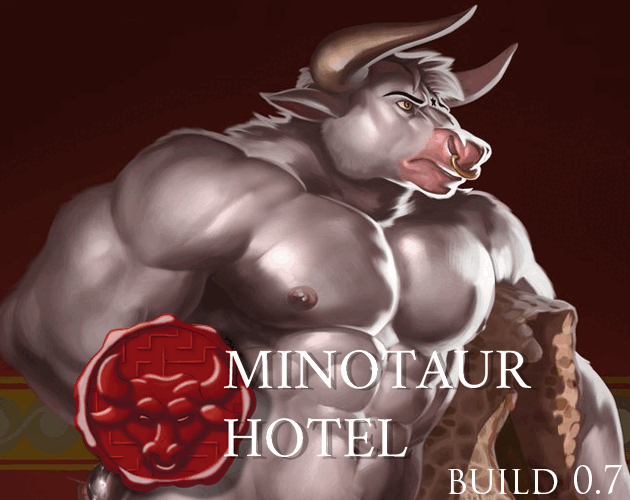Spoilers: A Summary of the Ruthless Route (Chapter 3, pre-endings)
Chapter 3 returns our focus to the cruel Master's perspective, who is opening the door to Asterion's quarters, darkness pouring out from within. Asterion sits inside, sunken into himself, when the Master orders him to rise. They are going out to the valley together today. Silently, Asterion follows, and the player is given a (final) chance to modify Asterion's clothes. After doing so, the Master pats Asterion on the shoulder, and he flinches away. This presents the final major choice to the player: "Punish him." or "Be firm, but fair." The former will also lock you into the Dust and Silence 'alternate' version of your ending, while the latter will not. No matter your choice though, you head out of your quarters, Asterion in tow.
Before heading all the way out, the Master decides to check in on the reception to see how the hotel is doing. There he finds Kota, Luke, and a small gathering of the last guests left in the hotel. Luke and Kota approach and try to 'Good Cop, Bad Cop' the Master into stopping his abuse of the hotel and of Asterion, but he again brushes them off and tells them to mind their own business. The Master questions the loyalty and oath of whichever is the lounge manager, and tells everyone that they should just leave if they don't like how he's running things.
Here, the story forks a bit if you are locked into a Dust and Silence ending from being a harsh Master in this route. If you are, Luke and Kota make a more aggressive stand after some additional goading from the harsh and cruel Master, getting ready to resort to violence until Asterion forces himself into their way. This, in turn, enrages the Master, who screams at them to get out, and the realm shifts to instantly expel them. The enraged Master continues his tantrum, also willing the hotel to throw out all the remaining guests, too. Paying little attention to Asterion's reaction, the Master orders him follow down the stairs and out to the valley.
On the other endings that aren't Dust and Silence, the Master does not goad Luke and Kota, and in turn they demand to join you on this trip to the valley to protect Asterion rather than escalate the situation. Being less harsh in these routes, the Master will tolerate them to come to the valley entrance, but no further. They are only meeting with the Foreman, so it "will not be long". They agree, and follow the Master down, stopping at the mouth of the cave as was agreed upon.
Either way, you meet up with Argos at the statue of Athena, who taunts Asterion before leading you onward to the pit containing the Effigy. The Master voices his suspicions about trusting Argos, who flashes the elixir and swears he is speaking only the truth. And no matter what Argos says by now, the Master has already made his choice (see the end of Ruthless 1). The story fully splits into one of three endings, though each has a Dust and Silence 'alternate' ending. Each one will get their own post below, and as a reminder, the options were "Agree to the snake's plan." (Ending: Shackled), "Deceive the deceiver." (Ending: Welcome to the Minotaur Hotel), or "Make no promises." (Ending: As You Are, I Once Was).




